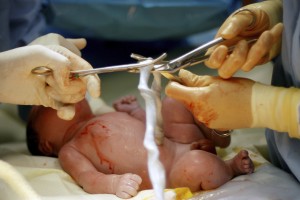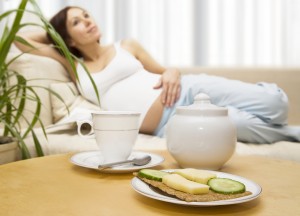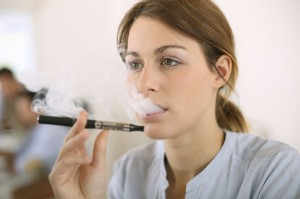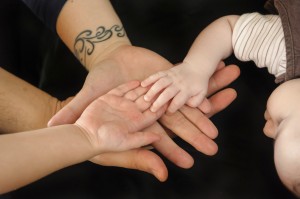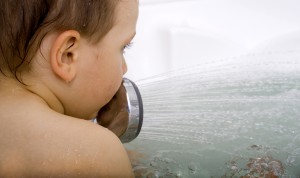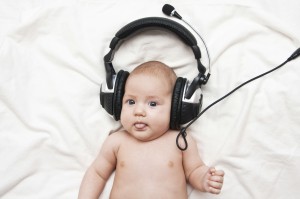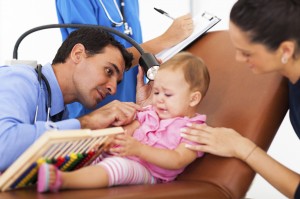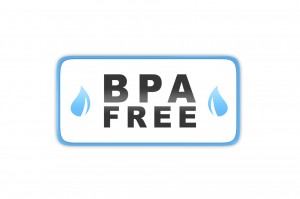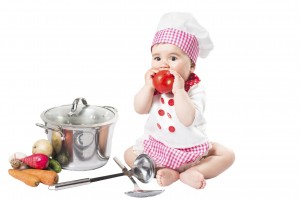
Perhaps you’re a parent who’s hip to the many health-promoting benefits of eating whole natural foods and nutritious home-cooked meals. And maybe you know what a marvelously healthy and nutrient-packed food garlic is. So, you’re anxious to introduce garlic to your baby. But how long should you wait?
The American Academy of Pediatrics (AAP) recommends waiting until your baby is at least six months old, before starting solid foods. The purpose of that is to help prevent the development of food allergies in your child. So, you want to wait until your infant is at least six months to give them garlic.
Read More
